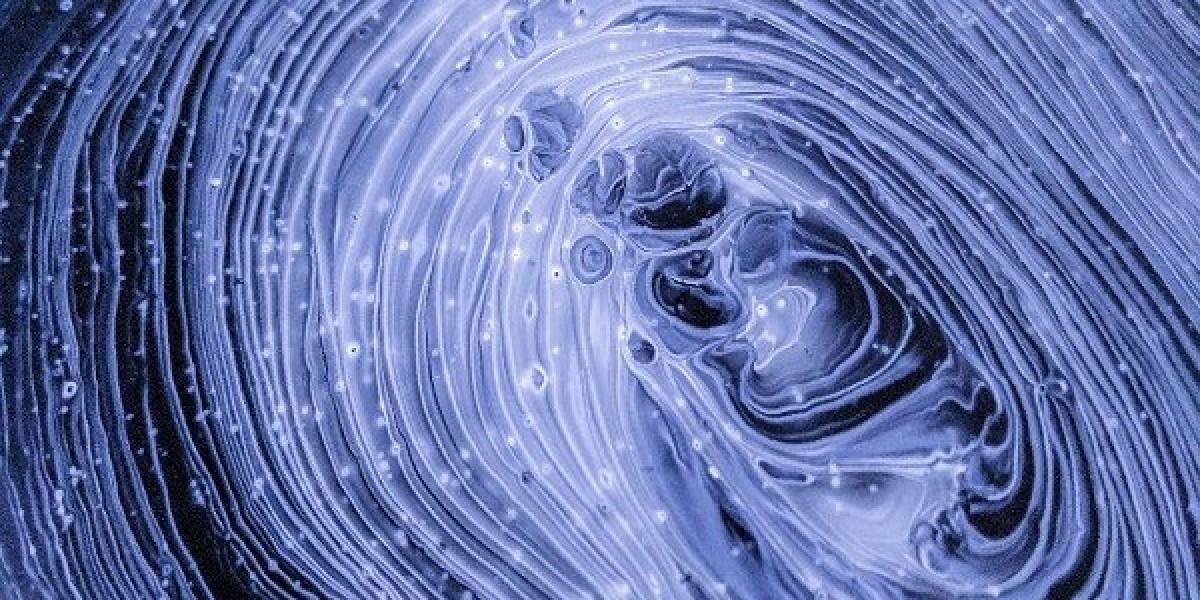Matexcel, a quality provider of products and services in material sciences, recently released Egg Shell Hydroxyapatite that can be integrated into biomedical and environmental projects.
Egg Shell Hydroxyapatite is a type of hydroxyapatite that is derived from the shells of eggs. Hydroxyapatite is a naturally occurring form of calcium and phosphate, which is a major component of bone and hard tissues. When egg shells, which are rich in calcium, are processed correctly, they can create this valuable biomaterial that can be used in various biomedical applications, such as bone grafts, fillers in bone or dental surgery, and as a drug delivery system. It's chosen for its biocompatibility and lack of immunogenicity.
This dynamic ingredient can play a substantial role in biomedical and environmental applications. It's used in bone graft substitutions, tissue engineering, dental fillings, wastewater treatment, and nutrition supplements.
Understanding the better biocompatibility of hydroxyapatite derived from egg shell and its profound benefits in heling remove tooth stains, and promoting the remineralization of teeth when used in toothpaste products, Matexcel released this product to help more researchers with their toothpaste, tooth powder, and cleaning mask researches.
Brief introduction about the product
Cat. No.
CER-0001N
Product Name
Egg Shell Hydroxyapatite
Morphology & Appearance
White Powder
Size
The average particle size of hydroxyapatite is 5 μm
Storage
Store at room temperature
Key features of Egg Shell Hydroxyapatite
Bio-compatibility: Hydroxyapatite derived from eggshells are more bio-compatibility than hydroxyapatite derived from general ores.
Environment Friendly: Synthesized by using discarded eggshells as a source of calcium, which avoids the burden on the environment caused by discarded eggshells, and also has good economic effects.
High Specific Surface Area: The average particle size of biological apatite is 5μm, which is composed of primary particles (20nm-50nm). Because the secondary particles are soft and easily crushed by impact, it is easy to restore unaggregated (20nm-50nm) state, the particle size is small while the specific surface area is high.
Good Absorption Performance: Due to the high specific surface area, it can absorb pigment, heavy metals, and bacteria.
Matexcel also provides HAp in different dimensions, from nano to micro sizes, as well as different grades such as research, medical and food grades.
To know more detailed information about the newly released Egg Shell Hydroxyapatite products by Matexcel, please visit https://www.matexcel.com/p/1537/egg-shell-hydroxyapatite/.



